87th EGPRN Meeting

Start:
Thu, 4 Oct 2018, 09:00
End:
Sun, 7 Oct 2018, 08:00
Website:
Hashtag:
#egprnsarajevo
Venue:
Ilidža, Federacija Bosne i Hercegovine false
Bosnia and Herzegovina
Exhibit
Symposia
Workshops
Organiser
Sponsor
"The role of the informal caregivers (family members) in chronic disease management."
Family doctors proudly state that one of their characteristics is the orientation to the individual, his/her family, and their community. We ask: is this true? Are family doctors in their daily practice oriented this way? If we look at the most frequently published research or even the recommended research topics from the top authorities in family medicine, we find that we mostly research diseases.
Do we give attention to the family members of our patients? Are we really interested in them? Based on the focus and published research results, we could say that we do not care about them.
Caregivers have a great significance for people with chronic diseases. They provide them with emotional support, help them take their medication regularly and properly, arrange medical exams, advocate for them and represent them in front of the third parties and institutions, buy groceries and prepare meals, and provide help in all other daily activities. They often respond to patient's bizarre statements or requests. They help achieve the attainable and ordinary life goals of the sick.
Family members (informal, unpaid caregivers) are frequently neglected as a research topic by family physicians. Informal carers have many problems related to the process of caregiving that we could divide into: health (physical and mental health), organizational, financial, and social problems.
Caregiving can have its impact on the informal carers: increased stress, fatigue, anxiety, sadness, feeling of emptiness, sleep disturbance, lack of concentration, poor appetite, neglect of health, abuse of alcohol and other substances, more frequent thoughts of death, loss of satisfaction and interest in previously important things including sex, high prevalence of depression, hypertension, cardiovascular disease, and diabetes. Finally, carers have a higher mortality rate than those of the same age who do not take care of the sick people.
Women are usually informal caregivers and are often unemployed or employed part-time and spend more than 20 hours a week caregiving. The average length of caregiving is about 4.3 years. Informal caregivers who have poor physical health usually belong to the group with lower income, are less educated and older than fifty. More than two-thirds of the carers have financial difficulties.
There are also positive effects of caregiving which are even more neglected as a research topic. These positive effects are a sense of usefulness, importance, the awareness of being needed by someone. Often there is a positive transformation of carers who get a sense of inner strength and satisfaction. They become more sensitive towards the person they are taking care of, become closer to the family members, gain new skills, and attain a better idea of what is important in life. Formal and informal support in form of the information provision and collaborative work with medical professionals are positively related to the positive effects of caregiving.
Why is it important for us to research the effects of informal caregiving on carers and patients? And why is it necessary for family doctors to conduct such research?
With better insight into the negative and positive effects of caregiving on carers and the sick, family doctors could better coordinate care, help in the prevention of negative effects and stimulate the increase of positive effects of caregiving on carers. The results of this research would enable the inclusion of specific knowledge and skills in undergraduate and postgraduate curricula, as well as in the content of continuing professional development for family doctors.
In the light of the facts stated above, we warmly invite you to come to Sarajevo, a city with a distinctive history and a place where the western and eastern civilizations meet, so that we could try to determine more explicitly the ways in which problems related to informal caregivers/family members of patients with chronic diseases are to be researched.
See the programme here!
Register for the event at this link!

More events

Fri, 21 Nov 2025 - Sat, 22 Nov 2025
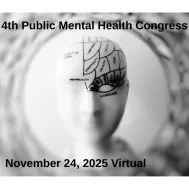
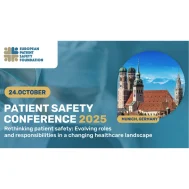
Mon, 24 Nov 2025 - Mon, 24 Nov 2025

Fri, 5 Dec 2025 - Sun, 7 Dec 2025

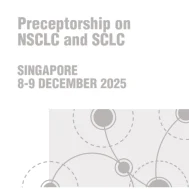
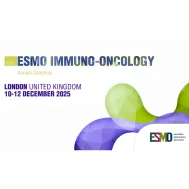
Wed, 10 Dec 2025 - Fri, 12 Dec 2025

Thu, 11 Dec 2025 - Fri, 12 Dec 2025
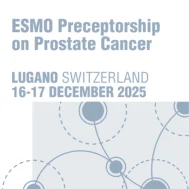
Tue, 16 Dec 2025 - Wed, 17 Dec 2025

Thu, 8 Jan 2026 - Sat, 10 Jan 2026


